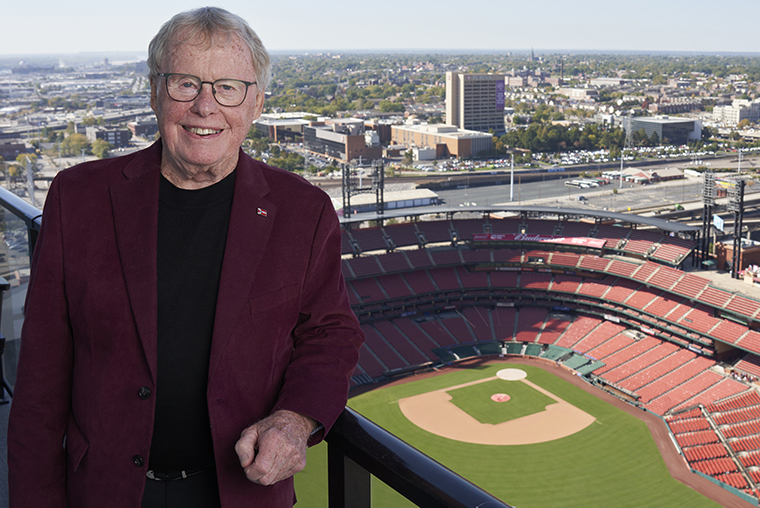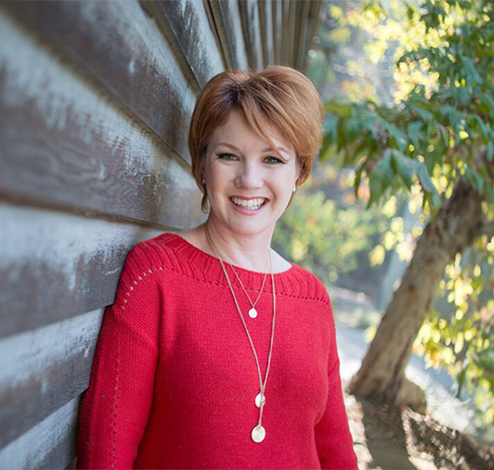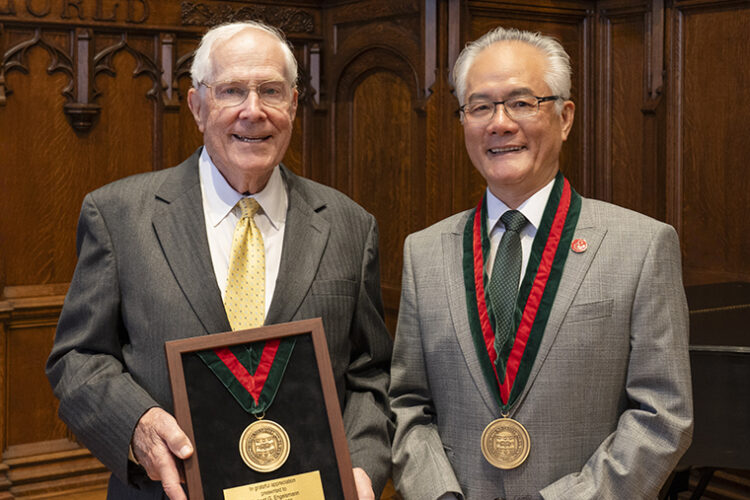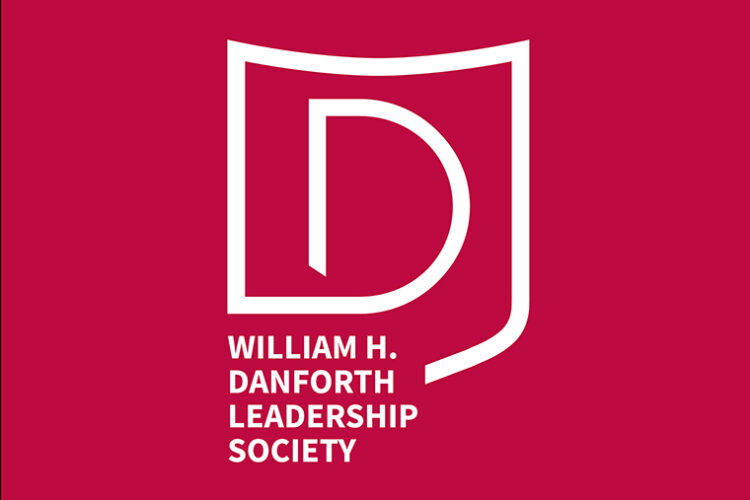In the late 1940s, 8-year-old Bill Siedhoff, BS ’68, MSW ’73, tagged along with his parents and older sister as part of the Volunteer Film Association of St. Louis. Armed with a few reels of 16 mm film, a projector, and a small screen, the Siedhoffs visited homebound individuals across the city. Most houses were threadbare and lacked furniture, so the family lay on the floor during screenings. Those encounters were the first time Siedhoff saw poverty and recognized he wanted to enact change.
“I grew up in a nice neighborhood. We lived in a beautiful home, and I had everything I needed. It was such a contrast,” says Siedhoff, former director of the Department of Human Services for the City of St. Louis. “I felt strongly that such differences shouldn’t exist.” As an adult, Siedhoff’s Master of Social Work education at Washington University’s Brown School helped set the trajectory for his lifelong career helping thousands of St. Louisans facing difficult circumstances.

To better prepare the next generation of changemakers, Siedhoff has made a $1 million estate commitment to endow the William F. Siedhoff Scholarship at the Brown School. He also pledged an additional $125,000 to increase his existing annual scholarship of the same name at the school. The scholarships will be awarded to students pursuing master’s degrees in social work or public health, with preference given to those aspiring to work in civic service. “I want to encourage the best and brightest people to pursue careers in the public sector so they can help children and families in need,” he says.
Scholarships make the Brown School’s premier graduate social work and public health degree programs more financially accessible to students struggling with undergraduate debt or financial constraints, according to Dorian Traube, the Neidorff Family and Centene Corporation Dean of the Brown School. “Bill’s profound commitment will allow talented individuals to gain the skills and education needed to bring about meaningful change, just as he did,” she says.
Affordability and financial accessibility
The need for graduate scholarship support is more critical than ever, says Jamie Adkisson Hennessy, the Brown School’s assistant dean for outreach, admissions, and enrollment management. According to Adkisson Hennessy, students at the school are becoming increasingly hesitant to take out loans and accumulate debt, especially as compensation within the field remains relatively stagnant. Last year, 90% of Brown School applicants requested scholarship consideration. “Scholarships make it possible for students to attend the Brown School,” she says. “Without financial support, they can’t get through the door.”
Currently, the average scholarship award covers only one-third of tuition costs. Consequently, financial considerations are the primary reason applicants decline admission, explains Adkisson Hennessy. A lack of competitive funding also keeps people from applying in the first place, she adds.
Many Brown School students balance family life and academic responsibilities while pursuing their degrees, and some may need to secure part-time employment during those years. Scholarships enable them to fully engage in their studies and worry less about paying for their education.
“Financial concerns can be mentally debilitating for students and have harmful consequences on their academic success,” Adkisson Hennessy says. “We understand that financing a graduate education is a significant investment. We need scholarships to help offset that investment.”
Freedom from debt
Brown School scholarships continue to open doors for students after they graduate. Many alumni dedicate their professional lives to serving the public as government officials, social workers, public health professionals, and educators. While these jobs have high social impact, they often have lower pay scales than other industries.

For example, the average starting salary for Master of Social Work graduates from the Brown School was $55,200 in 2022. Numerous graduates, however, carried about the same amount of debt as they earned during their first year in the workforce. This income-to-debt ratio can cause some students to leave the field for higher-paying corporate jobs or forgo entering it at all.
Fortunately, support for graduate scholarships is gaining momentum through Make Way: Our Student Initiative, a fundraising effort that aims to build financial resources for students. Lower debt allows WashU graduate students to choose careers that reflect their skills and aspirations, not their loan payments. In addition to expanding support to eliminate the reliance on loans, the Brown School aspires to become tuition-free in the future.
“Our students have a deep passion and drive to make change for human good, and they are often willing to put aside their financial health to do that,” says Dean Traube, who shares that she carried student loan debt until she joined the Brown School last summer. “We need to ensure that students have the necessary financial support to pursue their education while also being able to land on their feet professionally without the weight of crippling debt.”
A tireless advocate and driven leader
Bill Siedhoff credits the Brown School with guiding individuals like himself toward careers in public service. After earning a bachelor’s degree in sociology from WashU, he began a business management role in the life insurance industry but felt unsatisfied with the work. He decided to return to the university for graduate studies at the Brown School. “My entire career in social work resulted from going to the Brown School,” he says. “It gave my life direction.”
After graduating, Siedhoff joined the Missouri Division of Family Services and was eventually appointed director of the statewide agency. In that role, he led 6,000 employees and was responsible for programs providing public assistance, health-care coverage, and child welfare services.
“My entire career in social work resulted from going to the Brown School. It gave my life direction.”
Bill Siedhoff, BS ’68, MSW ’73
He later became director of the Department of Human Services for the City of St. Louis, where he served as an advocate for some of the city’s most vulnerable residents. During his 14-year tenure under former St. Louis Mayor Francis Slay, homelessness in St. Louis ranked among the lowest of major cities in the country. Siedhoff’s leadership also benefited people with disabilities, children and youth in crisis, seniors, and veterans.
In his retirement, Siedhoff continues to make a mark on the community. He holds leadership positions on the boards of the St. Louis City Senior Fund and the St. Louis Office for Developmental Disability Resources. He also serves as chair of the Saint Louis Crisis Nursery advisory board and sits on the cabinet for the United Way of Greater St. Louis 2023 Community Campaign. Additionally, he recently established the Willliam F. Siedhoff Foundation, which focuses on the needs of children and families residing in the City of St. Louis.
Over the years, Siedhoff has enjoyed forming close relationships with his scholarship recipients and other Brown School students. He has served as a practicum instructor and hosted dinners in his home in the historic Soulard neighborhood of St. Louis to welcome new students to the area. Today, he attends Brown School events whenever possible. “I’ve learned so much from our students, and it’s immensely gratifying to interact with them,” he says.
Siedhoff is a member of the Brown School National Council and co-chair of the school’s William Greenleaf Eliot Society membership committee. In recognition of his service, he received the Gerry and Bob Virgil Ethic of Service Award from the Gephardt Institute for Civic and Community Engagement in 2009 and Distinguished Alumni Awards from the Brown School in 2006 and Arts & Sciences in 2019.
Through his scholarships, Siedhoff hopes Brown School students feel encouraged and empowered. He acknowledges that careers in the public sector present unique challenges requiring determination and perseverance. But he believes overcoming these challenges and seeing positive outcomes can be very rewarding.
“Social work is a hard business, but it’s life changing,” Siedhoff says. “People who come into this profession want to serve others. That’s the reason I stayed in the field for so long. I think we all owe one another as human beings. If we can help, we should help.”
Support WashU scholarships and the student experience by making your gift to Make Way.


